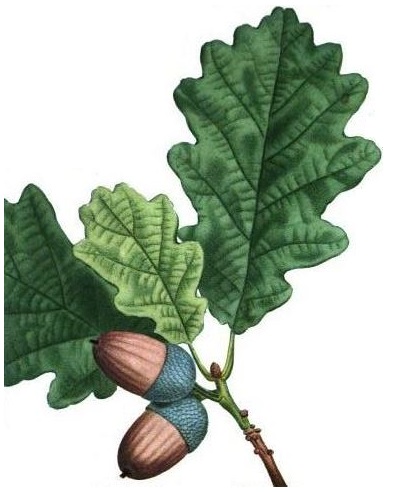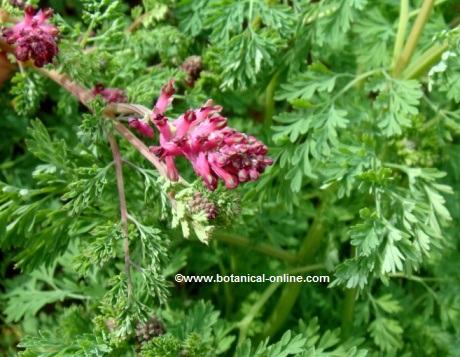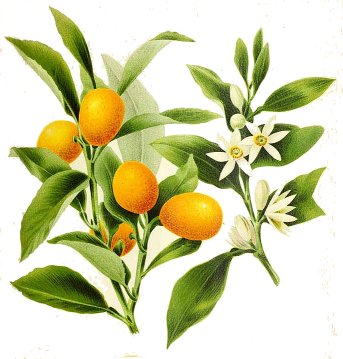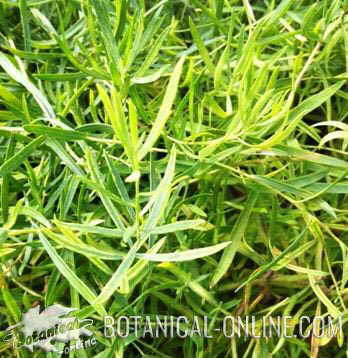What are the contraindications of liverleaf?
Contraindications of Hepatica nobilis
- Fresh plant: treatments with the fresh plant are contraindicated in all cases, both externally and internally, and for both healthy and sick people.

Liverleaf contains a toxin, protoanemonin, which can cause dermatitis, rashes, blisters and inflammation when in contact with the skin. Ingestion can cause poisoning.
| Liverleaf remedies are used with the dried plant. Liverleaf is non-toxic when used dried as an emollient remedy. |
The dried plant does not contain its toxic principles, since they are decomposed into harmless substances. Liverleaf is only used dried. |
- Pregnancy and breastfeeding: Because its safety is not known, the plant is contraindicated in these cases.
*More information: Plants and pregnancy.
- Liver diseases: Although it is used as a remedy for the liver, liverleaf is toxic and can worsen serious liver diseases. With the fresh plant, its toxicity disappears, although it is advisable to consult other phytotherapy for the liver. Ask your doctor before taking liverleaf if you have any liver disease.
- Renal diseases: People with urinary diseases such as cystitis or renal colic should not take liverwort. Poisoning can cause irritation of the urinary tract. Consult your doctor before taking liverleaf.
- It is a toxic plant to horses, cows, goats, dogs and fish.
![]() More information on liverleaf
More information on liverleaf
This article was endorsed by Elisenda Carballido - Dietitian nutritionist. Postgraduate in Phytotherapy and master in Nutrition and Metabolism.








